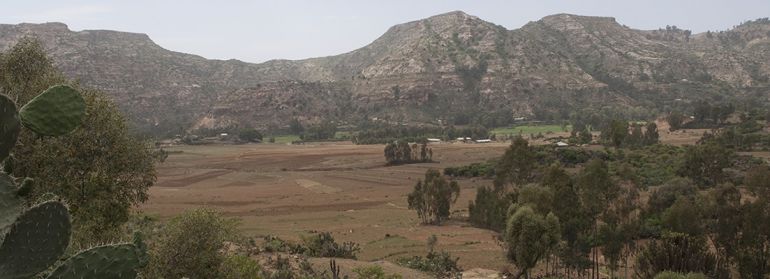Holocene Global Landuse (HoLa)

Holocene Global Landuse (HoLa) is an interdisciplinary working group dedicated to reconstructing land use across the Holocene through a global, comparative perspective. Human land use activities are known to be drivers of vegetation change and can also produce potentially significant levels of greenhouse gases such as methane. However, the complex and variable relationships between land use (anthropic) and land cover (mostly climatic) are still insufficiently understood. Differing assumptions about these relationships have led to significant differences between models of anthropogenic land cover change (ALCC), a critical shortcoming with immediate scientific and policy implications for work on global climate.
HoLa is an International Focus Groups (IFG) funded by INQUA through its Humans and the Biosphere Commission (HABCOM). HoLa focuses on building capacity, creating new and internationally shared databases, and producing initial models of the relationships between human land use and climate.
The Holocene Global Landuse IFG is the first global initiative to assess anthropic activity on the environment via the archaeological record (e.g. geoarchaeology, bioarchaeology, material culture, etc.). A specific character of this IFG initiative will be a spatial and temporal downscaling approach to firmly frame the archaeological and palaeoclimate data. As such, HoLa is closely associated with the PAGES working group LandCover6k.
Hola Objectives
What we do
HoLa Participants
Who are we?
HoLa Workshops
Our meetings

